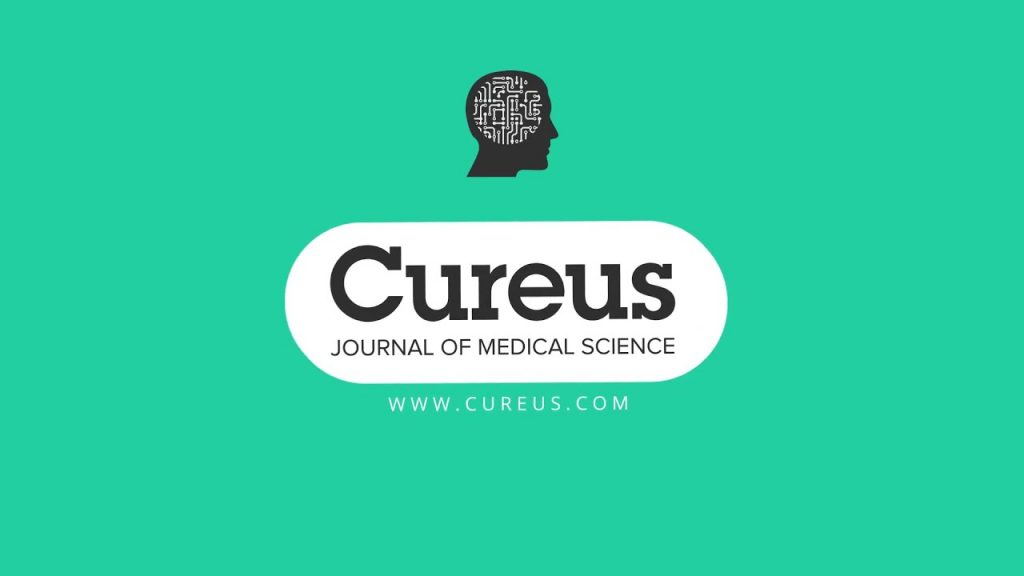The embattled mega journal Cureus has closed six of its so-called “academic channels,” which it bills as low-cost publication platforms that “will turn your organization into a publishing powerhouse,” Retraction Watch has learned.
The move follows a joint investigation in May by Science and Retraction Watch that found several organizations critics described as dressed-up paper mills had their own channels at the medical journal.
As we reported in September, indexing for Cureus, which is published by Springer Nature, was recently put on hold by Clarivate’s Web of Science, apparently due to quality concerns.
Although Cureus says it maintains oversight of the articles channels publish, owning a channel allows organizations to appoint “hand-picked editors [who] manage all content from submission to publication,” our investigation with Science pointed out.
The owners of the defunct channels were:
- California Institute of Behavioral Neurosciences and Psychology
- Research Update Organization
- Global Remote Research Scholars Program
- American Academy of Research & Academics (AARA) by IMG Helping Hands
- BioLEAGUES
- Advanced Sciences Academics
The first three organizations were named in our investigation, which documented the emergence of a “cottage industry of businesses, consultants, and nonprofits dangling seemingly easy publications” for foreign doctors looking for residency positions in the United States. AARA by IMG Helping Hands also was among two dozen similar organizations we found.
BioLEAGUES is a conference organizer in India. As detailed in an October 1 guest post on our site, the self-described non-profit is part of a sprawling organization there offering many of the same services as a traditional publishing house.
“It appears the term ‘paper mill’ may fail to fully capture the diversity and scale of activities overseen by these hydra-like conglomerates,” Reese Richardson of Northwestern University and colleagues wrote in the post, referring to BioLEAGUES and several organizations tied to it.
Advanced Sciences Academics is a publishing house based in India that, according to its founder, has handled more than 2,000 publications and has written more than 2,000 manuscripts.
At the time of our investigation with Science, Graham Parker-Finger, director of publishing and customer success at Cureus, defended its channels. In a statement, he told us:
We assess all organisations that have a Cureus channel carefully before approval, considering their history and ethical standards, and have declined many approaches on the basis that the organisations were not credible and their operating principles did not reach our expectations.
It appears the journal changed its view after taking a closer look. In a statement for this story, Parker-Finger said:
At the time of your original story, we were in the process of conducting a full assessment of our publishing operations and channels. Organizations with channels must meet established criteria to ensure that they align with the standards we set at Cureus. Following the assessment, we have closed six channels which were judged not to meet our criteria.
He added:
Content submitted to Cureus channels undergoes the same editorial assessment by Cureus editors as content submitted outside of channels. Once a channel has been established, the channel is able to appoint their own editors (who are vetted and approved by Cureus), who assist in evaluating initial submissions and post-peer review revisions, but they do not have final authority to accept or reject manuscripts. Cureus editors maintain the same level of oversight of the channel content as they do over the regular content: reviewing all submissions and requests for publication, appointing peer-reviewers, determining whether authors have applied necessary changes, and making the final decision regarding whether to publish or reject all channel articles.
We contacted all of the erstwhile channel owners, but only heard back from IMG Helping Hands. The organization promised comments, but at the time of publication has yet to send us any.
Like Retraction Watch? You can make a tax-deductible contribution to support our work, follow us on Twitter, like us on Facebook, add us to your RSS reader, or subscribe to our daily digest. If you find a retraction that’s not in our database, you can let us know here. For comments or feedback, email us at [email protected].

“We stand 100% behind the decisions we made then, and have changed our policies to ensure that similar decisions are not made again.”
Cureus has a lot of other problems; this is just the tip of the iceberg
By the way, they are called Advanced Sciences Academics.
How they ever estimated “Advanced Sciences Academics” as trustworthy is a big mystery to me. It took me less than half an hour to find the following red flags:
-On their website https://advancedsciencesacademics.com they refer to the following journals “Journal of Advanced Sciences” https://www.joasciences.com/index.php/joas (a journal mentioning a lot of misleading metrics https://beallslist.net/misleading-metrics/ ) and “Journal of Integrative Health Sciences” https://jintegrativehealthsciences.com/index.php/jihs which is published by https://pioneerresearchfoundation.com (which looks like an empty shell and nothing but a bunch of humbug).
-The founder of “Advanced Sciences Academics” is the chief editor of both shady journals and besides that someone who found time to be involved with two other dubious journals as well “Journal of dentistry and bio-allied health Sciences” https://www.dentbiohealth.com/journalDetails/JDBAHS published by “Jaypee Journals” a publisher mentioned in the Beall’s list (https://beallslist.net ) and “Journal of pioneering medical sciences” ISSN: 2309-7981 https://jpmsonline.com (which they misleadingly linked to International Journal of Pioneering Technology and Engineering (IJPTE) (ISSN: 2822-454X) https://ijpte.com/index.php/ijpte in their indexing info, just click on the DOAJ link).
-According to this LinkedIN page https://in.linkedin.com/in/hiroj-bagde he was Chief Administrator of Cureus Journal of Medical Science Mar 2022 – Sep 2024 One wonders what came first. His position at Cureus or as representative of this ‘trusted’ channel.
Typos fixed, thanks.